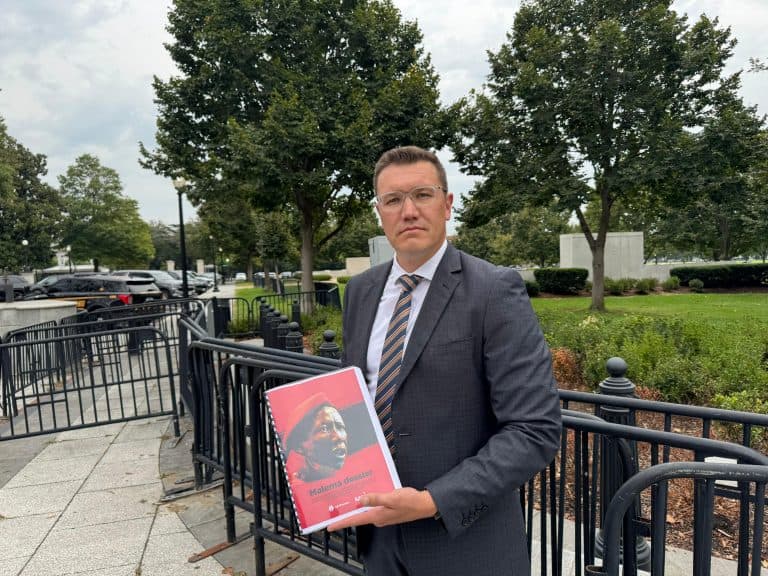Another victory for AfriForum in court case where Joburg Metro targets private schools
The High Court in Johannesburg has dismissed the Johannesburg Metropolitan Municipality’s application for leave to appeal in the case where educational institutions are targeted by the Metro. The Metro appealed against the court’s previous judgment that set aside its 2023/2024 property rates by-law, as well as the property rates policy with regards to the categorisation of educational institutions, declaring it unconstitutional. The court also granted a costs order to the participating applicants, which includes AfriForum.
The ruling follows after the Metro removed a property category that applied to educational institutions and adopted a property rates by-law and policy that categorised private schools as Business and Commercial. This led to a drastic increase in property rates and taxes for private schools and other educational institutions.
The court found that the Metro failed to meaningfully consult with stakeholders, including independent schools, ignored the best interests of scholars and thereby violated Sections 28(2) and 29(1)(a) of the Constitution.
In the main judgement the court found that the Metro’s public participation process in adopting the 2023/2024 property rates policy was inadequate and did not meet constitutional and statutory requirements. During the leave to appeal application the court heard from the Metro’s attorney that the court erred in ruling that the Metro’s public participation process, leading to the adoption of the troublesome rates policy, was a sham. The court, however, ruled that the Metro failed to identify any factual material that was overlook by the court and that it is unlikely that another court would rule differently.
“It’s time for municipal officials to realise that they cannot just steamroll residents and force decisions without facilitating an adequate participation process. Residents are tired of shelling out more and more money without having a say in how it is spent,” says Deidré Steffens, AfriForum’s Advisor for Local Government Affairs.
The Metro then argued that the court erred in finding that “the City failed to consider the best interests of the children that attend independent schools when it decided to re-categorise private education properties.” The court, however, once again found that there isn’t any evidence that the Metro was acting in the best interest of children when adopting their policy.
According to Alana Bailey, AfriForum’s Head of Cultural Affairs, the growing number of children who need access to schools in Gauteng, plus the poor quality of education offered by some public schools, has resulted in the emergence of more private educational institutions. “Schools are struggling to stay afloat with large numbers of learners and lower incomes. Then municipalities cause this sector to be further crippled with excessive and ridiculous property rates and taxes. All spheres of government are supposed to assist these institutions to grow, not to target them and use them to generate more income.”
The court finally found that the Metro did not make out a case that has reasonable prospects of success for appeal and did not provide any other compelling reasons to grant it leave to appeal.
In the original judgement the court has instructed the Metro to first comply with the requirements for public participation, in terms of applicable legislation, before a new rate policy and by-law are tabled, adopted and announced. Furthermore, the Metro had to apply the original rate that applies to properties in the “education” category, as set out in the 2021/2022 municipal rates policy and by-law. However, these rates can be adjusted for inflation, namely by 4,85% in 2022/2023 and 2% in 2023/2024.
The court further instructed the Metro to properly consult with all stakeholders, affected schools and applicants when drafting the new by-law and policy.
“AfriForum is delighted with this ruling and that we, as a civil rights organisation, together with other stakeholders, were able to exert the necessary pressure to ensure that learners’ interests are protected,” concludes Steffens.











